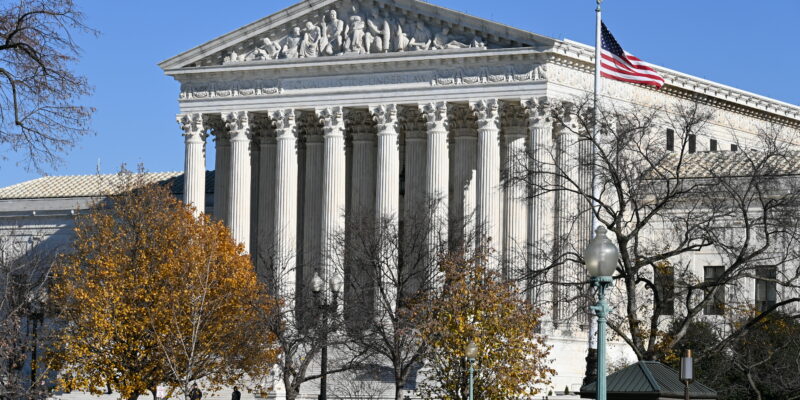Supreme Court Justices Clarence Thomas (R) and Samuel Alito (R) have come under increasing scrutiny for their acceptance of undisclosed lavish gifts from wealthy donors. Now, documents from the various donors are scheduled to be subpoenaed by the Senate Judiciary Committee.
The three donors who allegedly supplied the questionable gifts are Dallas real-estate magnate Harlan Crow, real-estate investor Robin Arkley II, and Leonard Leo, a conservative lawyer and activist.
Senators Dick Durbin (D-Ill.) and Sheldon Whitehouse (D-R.I.) accused Crow of gifting Thomas with travel and lodging. Whereas, Arkley is accused of paying a portion of the cost of Alito's luxury fishing trip.
In May, the senators asked Crow for a list of gifts that he'd given to Thomas. However, Crow would refuse to share the details of the list, stating his right to privacy.
"Mr. Crow, a private citizen, won't be bullied by threats from politicians. However, as previously conveyed to the Committee, we remain committed to respectful cooperation and a fair resolution," said Crow's office.
In a statement that specifically called out Justice John Roberts, the committee referenced earlier calls for accountability amongst the SCOTUS judges.
"The Chief Justice could fix this problem today and adopt a binding code of conduct. As long as he refuses to act, the Judiciary Committee will," said Durbin and Whitehouse.
SCOTUS has faced much criticism throughout the year as they have repeatedly passed questionable rulings striking down President Joe Biden's (D) student debt forgiveness plan.
One of the more controversial rulings was the overturning of affirmative action.
The SCOTUS ruling stated that Harvard University and the University of North Carolina (UNC) went against U.S. Constitutional law.
Justice John Roberts (R) gave his statement on the controversial ruling, stating "Both programs lack sufficiently focused and measurable objectives warranting the use of race, unavoidably employ race in a negative manner, involve racial stereotyping, and lack meaningful endpoints."
"We have never permitted admissions programs to work in that way, and we will not do so today.”


